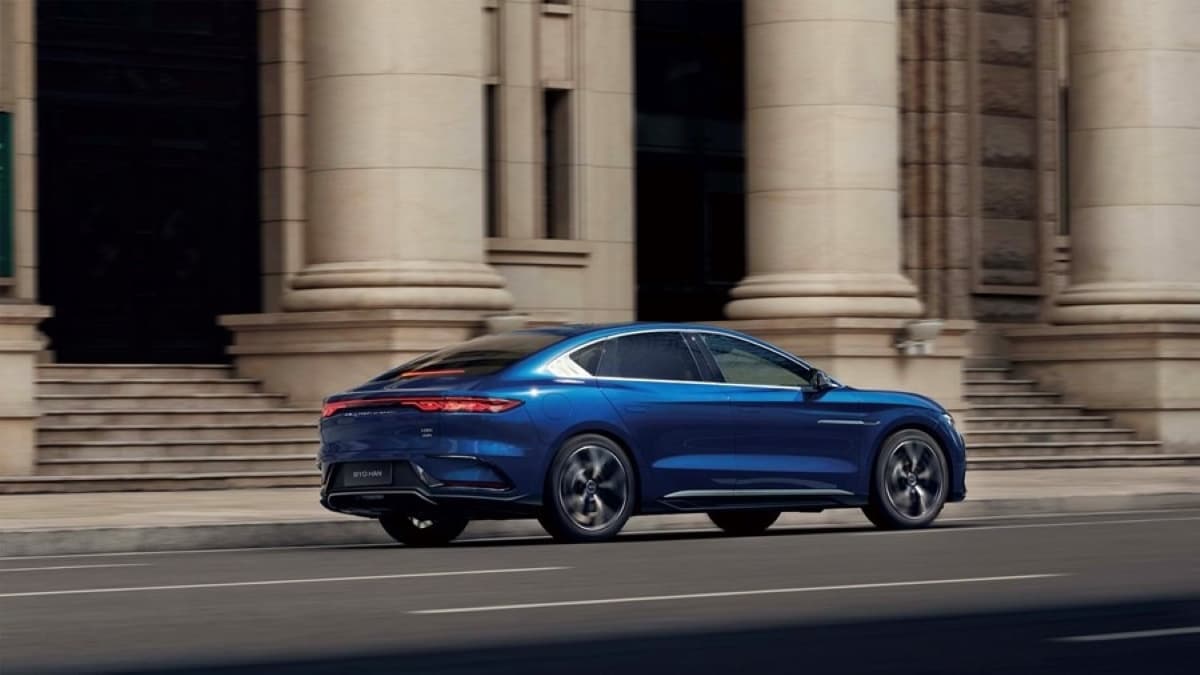The European market, from the point of view of China, is attractive, which is why the country is investing heavily here. Therefore, if Europe continues to be “in the shadow of a banana tree”, electricity manufacturers could be hit hard.
It is not the "benchmark" that says so, but the study conducted by Allianz Trade. according to New report Issued by the German company Allianz - "Chinese challenge to the European auto industry" - China's intention in Europe, in terms of electric vehicles, poses a great risk to European auto manufacturers.
Switching to battery electric vehicles is a game-changer for the European auto industry […]. But the first danger is China.
If policymakers continue to take no action, the report predicts a loss of €7 billion annually in earnings by 2030.
European car manufacturers face two main threats:
- A forecast indicates a decline in sales of its cars in China, as domestic electric vehicle makers increase market share;
- Increased sales of imported Chinese electric cars.
As provided by Reuters, the report advises that these policymakers confront Chinese manufacturers with reciprocal tariffs on cars imported from China and with investment in new materials and battery technologies for electric vehicles. In addition, Europe recommends that manufacturers from the Asian country be allowed to build their cars here.
Chinese imports of electric vehicles could cost the EU more than €24 billion in 2030. This equates to 0.15% of European GDP. However, according to Allianz Trade, in "national economies that are more dependent on the auto sector, such as Germany, Slovakia and the Czech Republic, the impact could be larger", between 0.3 and 0.4% of GDP.
The measures adopted in the United States do not make life easier for Europe
Besides the pressure exerted on Chinese manufacturers to export to the European market, due to the saturation of the domestic market, the protectionist measures taken by the United States of America also act as an incentive to penetrate the European market.
Specifically, the new Inflation Reduction Act which, since January of this year, grants, among other things, tax breaks and subsidies to American consumers and companies that invest in electric vehicles, wind turbines and US-made green hydrogen.
Read also:

“Wannabe internet buff. Future teen idol. Hardcore zombie guru. Gamer. Avid creator. Entrepreneur. Bacon ninja.”

